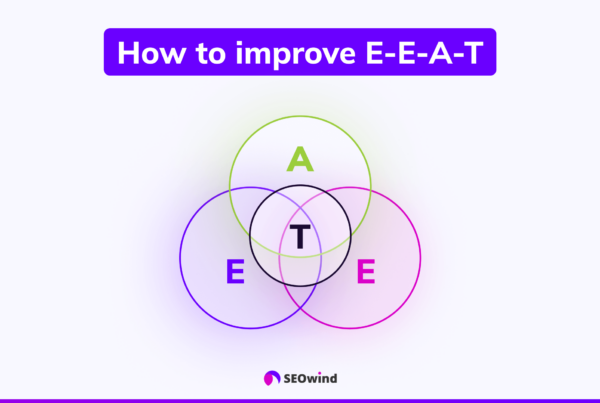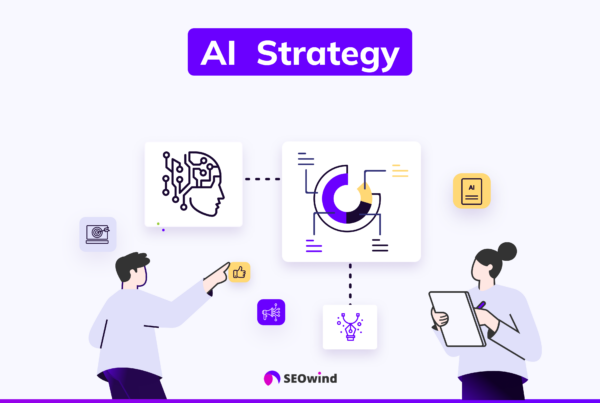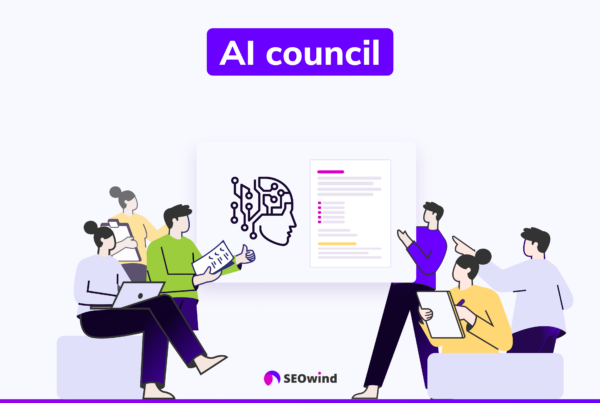Isn’t it fascinating the immense growth potential that lies within the reach of your business? It’s essential to unearth this potential, and the right tool for the job is content marketing for small businesses. Now you might wonder, “Is it relevant to my small-sized business?” or “Won’t it be too complex?” Rest assured, by the end of this comprehensive content marketing guide tailored specifically for small businesses like yours, you’ll grasp its importance and learn how to utilize it effectively for exponential growth.
What is Content Marketing for Small Businesses?
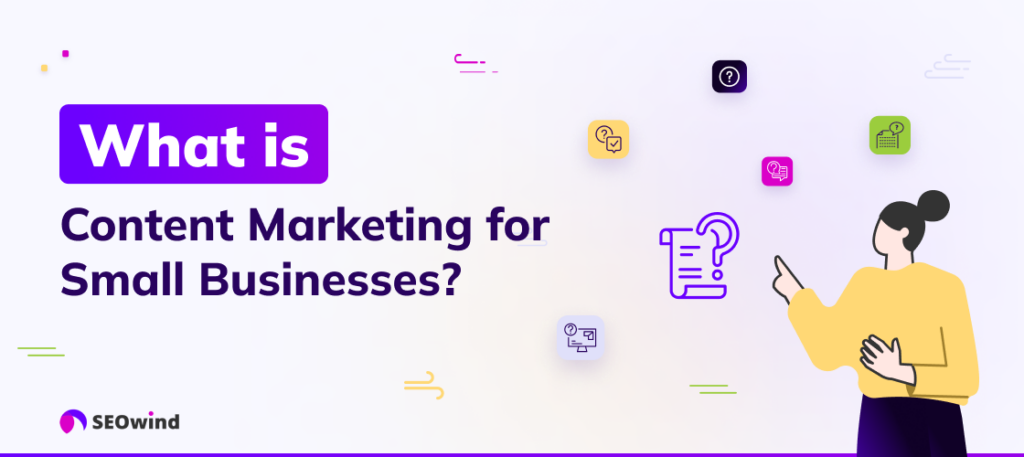
Wading into content marketing might seem daunting at first glance. To simplify it, picture content marketing as a bridge—a strategic platform—that connects your brand with potential customers. But what makes this bridge substantial enough for consumers to cross and engage with your product?
Founded in disseminating valuable information, content marketing goes beyond traditional advertising methods. Instead of plastering “our product is best” everywhere, this approach leans towards sharing information tailored to customer interests and solutions to their needs. For example, providing helpful blog posts about products or engaging videos helps keep your audience informed while subtly encouraging them to review your services or products.
Content marketing insights are vital knowledge tools that render value and nurture trust between small businesses and their target demographic niche. It fosters relationships primed for conversion into sales. Think of it like having an ongoing conversation with customers without being overtly promotional—it’s all about subtlety here.
Now, don’t misunderstand! This isn’t limited to large-scale enterprises; smaller establishments stand a chance to benefit immensely from these strategies since they appeal more personally due to their locality constraints. Our primary focus will be understanding how beneficial content marketing can work if executed properly in a local business context.
Content marketing emerges triumphant for every budding entrepreneur looking for efficient methods to foster rapid business expansion, considering modern narrative-driven consumerism where quality trumps quantity. This represents an evident shift from preceding objective-based marketing styles catalyzing holistic brand effectivity regulations accompanying heightened consumer interaction standards now defining industry success premises.
Benefits of Content Marketing for Small Businesses
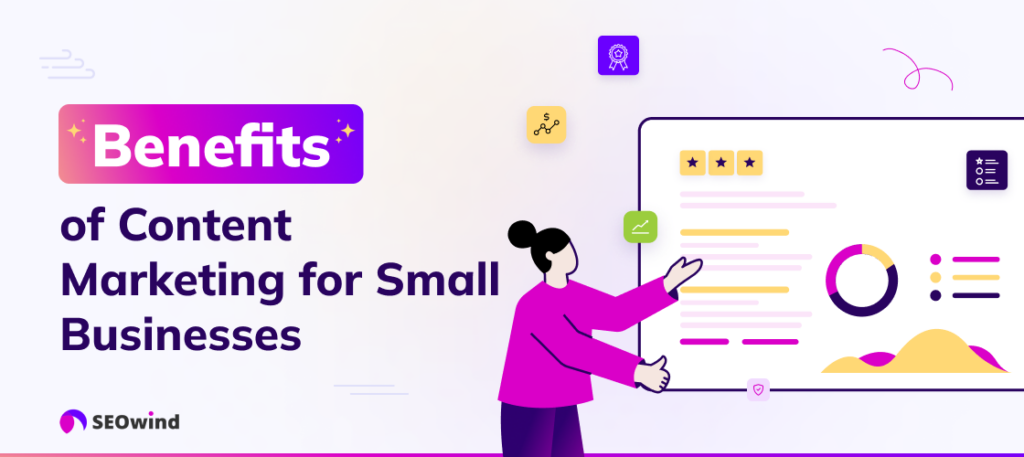
Content marketing for small businesses can be a game changer. In digital marketing, it’s a tool that levels the playing field and allows these enterprises to compete with larger corporations. The advantages are vast, yet there are four primary benefits I want to highlight.
Boosting Visibility and Establishing Authority
Harnessing content marketing for local businesses can skyrocket visibility in your respective industry. By generating valuable blog posts, informative infographics, engaging videos, or podcasts, you establish yourself as an authority figure, which builds consumer trust.
Increased Customer Engagement
Engaging customers is vital in today’s fast-paced market. Through effective content marketing, small business owners can achieve increased customer interaction. Interactive tools such as quizzes, user-generated content, and social media posts provide ample opportunity for growth in engagement rates.
Cost-efficient Growth Strategy
Budget constraints often rein small businesses in when looking at growth strategies. Here’s where content marketing shines! It offers an inexpensive way to reach a broad audience over more prolonged periods than traditional advertising methods.
Valuable Data Collection from User Interaction
And finally, every interaction with your shared content gives insight into customer preferences and behaviors. This data is invaluable when refining targeted campaigns or strategizing future promotional activities.
So, no matter how you look at it, the all-encompassing nature of content marketing stands ready to boost your enterprise’s potential and pave the path toward lasting success.
Creating a Content Marketing Strategy for Small Business
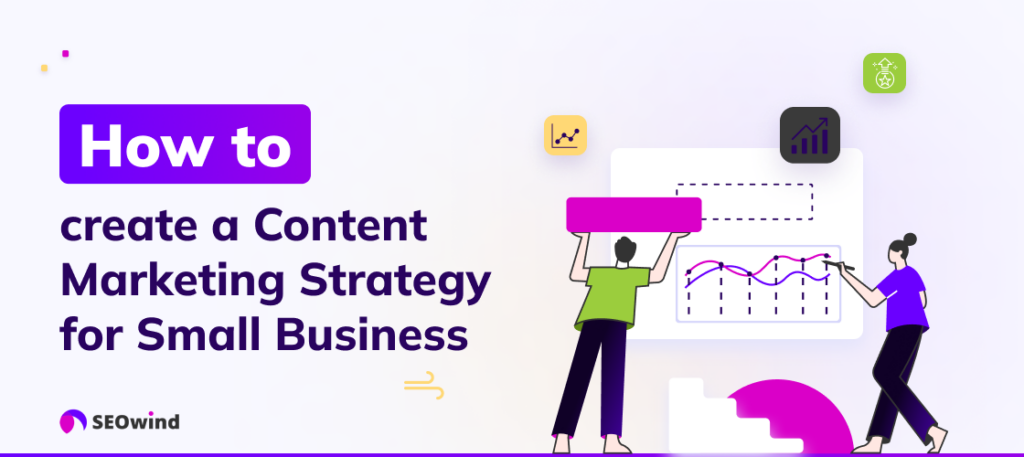
An effective content marketing strategy can drastically enhance your small business’s growth. Though initially daunting, the process involves five significant steps: defining your goals and objectives, identifying your target audience, developing content ideas, creating engaging content, and finally choosing the ideal distribution channels.
Defining Goals and Objectives
Your first step in developing a successful content marketing strategy involves setting clear goals and objectives. Are you aiming to raise brand awareness or increase lead generation? Perhaps you intend to enhance customer satisfaction or boost website traffic. Whatever the case, being precise about what you hope to accomplish with your content marketing endeavors will enable you to devise a more focused and effective approach.
Identifying Target Audience
Understanding who your prospective customers are precisely is the backbone of any viable content marketing approach for small businesses. Typically, this would involve examining demographic data, browsing habits, and consumer behavior patterns, among other things. Armed with such vital information about your intended audience can guide you in crafting targeted messages that resonate more significantly with them.
Developing Content Ideas
Consistently generating fresh, innovative ideas is integral to the success of any small business’ content marketing campaign. Hosting brainstorming sessions, leveraging AI-powered idea generators, or surveying existing customers are just some techniques that can help spark inspiration when needed. It’s often beneficial when these ideas correlate with keyword research results done in advance—a method many successful businesses embrace today.
Creating Engaging Content
Content creation for small businesses has moved beyond merely writing blog posts or social updates. Now, it encompasses videos and infographics, to mention but a few. Regardless of the chosen format, it must be compelling enough to capture and sustain viewers’ attention throughout its duration. Ensure consistency across various postings in tone and style and convincingly reflect core brand values.
Choosing the Right Channels for Distribution
After creating engaging content comes distribution – an equally critical phase within any sound strategy, whether focused on local or global business. A platform’s popularity doesn’t automatically indicate its suitability for every business. For instance, while Instagram might yield fantastic outcomes where visually appealing products or services dominate – the fashion or photography industries—it might not perform equally well elsewhere. For example, the manufacturing sector does not lend itself to equally engaging visuals. Choose wisely based on where the majority of targeted demographics congregate most frequently. That way, the impact you desire from optimized outreach will be far likelier to become a reality than a mere possibility only ever imagined!
Types of Content for Small Businesses
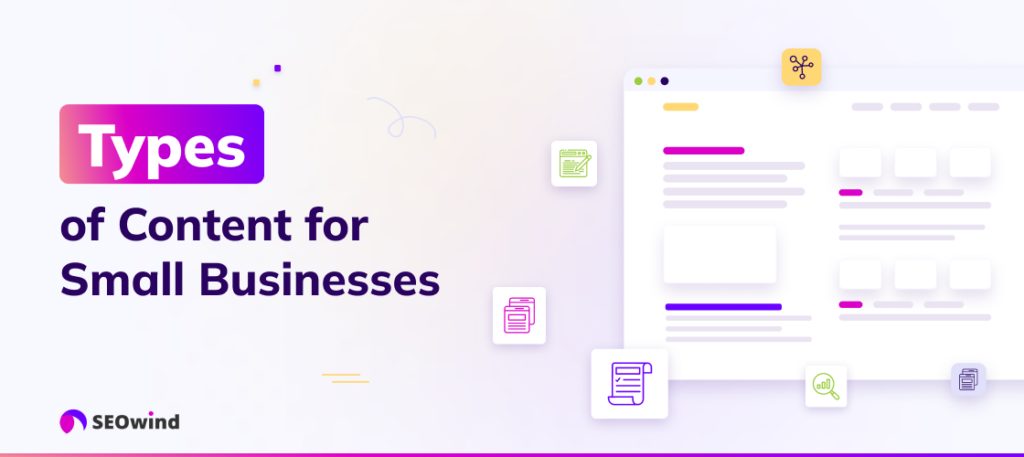
In implementing content marketing for small businesses, an array of options exists to aptly engage your target audience and effectively communicate the brand message. Here’s a breakdown of the various types.
Blog Posts
Generally considered the cornerstone of content marketing, blog posts are easily digestible and engaging ways to provide value to readers. When launching a content marketing campaign for your local business, developing well-researched and informative blog posts is a staple in attracting your desired audiences.
With blog posts designed primarily to educate or entertain—sometimes even both—in an informal tone, this type of content can foster your relationship with potential customers while showcasing authority in your sector.
Videos
Businesses should not underestimate the unique, dynamic visual storytelling power of videos. Many consumers prefer watching videos to reading lengthy documents when learning about products or services. The beautiful interplay of sound, motion, and sight naturally draws viewer engagement – making video content creation one less challenge small businesses face in content marketing.
Whether short loopable clips for social platforms or longer explainer videos on YouTube, producing strategic, video-based content enhances visibility and increases brand recall.
Social Media Posts
The popularity surge of digital platforms like Instagram, LinkedIn, Facebook, and Twitter amplifies opportunities for small businesses to interact with their intended market actively. Adapting engaging social media posts — whether microblogs or quick graphics — fuels impactful promotional efforts across these diverse networks.
Infographics and Other Written Content
Distilling complex information through visually appealing charts and diagrams offers people convenience without compromising intended takeaways. Concurrently offering simplicity and depth positions infographics as potent tools within your arsenal.
Checklists, how-tos guides, or FAQs also represent other written forms that resonate well with audiences due to their usability-defined format.
White Papers, Ebooks, and Presentations
Long-form formats like white papers or ebooks provide comprehensive knowledge about niche topics. They can help establish your business as a thought leader who knows exactly how to create relevant content. Presentations loaded with valuable insights position small business owners as trustworthy sources that are likelier to gain customer loyalty.
Podcasts
Today, more individuals are turning towards audio consumption via podcasts during commutes or breaks. Now might be an appropriate time to channel resources toward delivering strategic podcast episodes revolving around core expertise areas without investing a fortune.
Webinars
Interactive webinars humanize online brands, accomplishing two objectives – driving deeper connections and imparting education effectively within limited time frames. So, next time you look at vital content marketing ideas that assure maximum return on investments, consider including webinars!
Remember, each form doesn’t replace but complements each other, enriching the overall experience and ultimately leading your clientele down sales funnels faster while fostering stronger relationships throughout the buying journey.
Creating Content with AI for Small Business

The advent of technology has offered both unprecedented opportunities and challenges in content marketing for small businesses. One such opportunity lies in the accelerated utilization of Artificial Intelligence (AI) in content creation for small businesses.
What is AI? Simply put, it’s a concurrent technological advancement aiming to mimic and possess human intelligence attributes such as problem-solving and learning capabilities. Now, let’s explore how this applies to creating content.
AI-Assisted Writing
Among the many applications of AI, writing assistance steals the limelight. Have you ever wondered how Google auto-completes your sentences while crafting an email or a document? That’s the magic of AI-based language models at work! The same technology can assist small business content marketing by generating ideas, proofreading content, or even creating entire articles.
Personalized Communication
Personalization offers profound results in captivating audience attention – another domain where AI excels. With data analysis algorithms, AI can sift through heaps of consumer information, such as browsing history and page interactions. This paves the way to highly personalized content for each customer segment and exponentially enhances customer engagement rates.
Data-driven Insights
Integrating AI tools into your content marketing strategy provides access to meaningful data-driven insights that aid intelligent decision-making. These can range from identifying trending topics that resonate with your target audience to optimal times for posting your material. Such insights refine your overall content marketing efficacy!
Using AI to generate quality and relevant ‘content’ isn’t about replacing humans but augmenting human possibilities. As we tap further into the enormous potential of advanced technologies like machine learning and natural language processing, it becomes ever more achievable to gain a competitive edge by optimizing efficiencies.
Remember: While exploring new frontiers may seem daunting initially, embracing game-changing tech like AI levels up your small business capabilities and sets you apart in delivering unparalleled customer experiences.
Tips for Creating Effective Content for Small Businesses
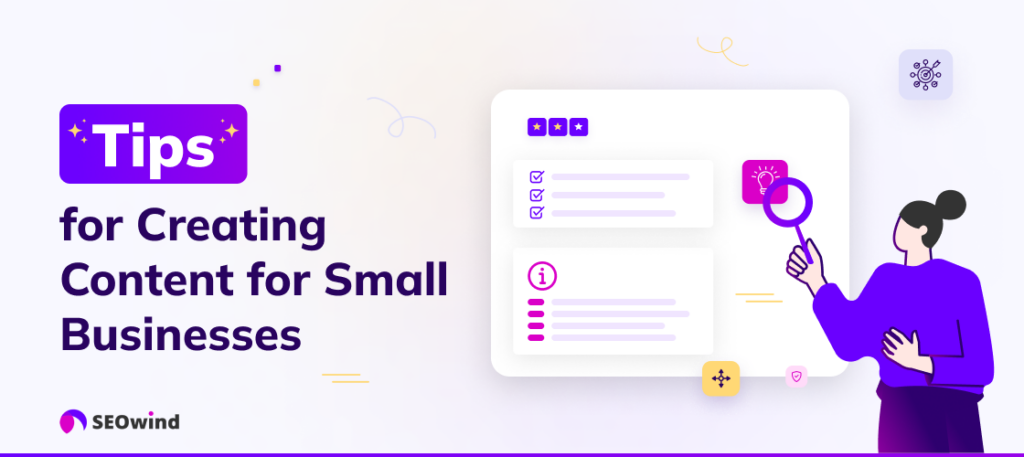
Creating high-quality and engaging content can set your small business apart from competitors. So, what are the key elements you need to focus on? Let’s delve into some essential tips for effective content creation.
Stay True to Your Brand
One of the fundamental principles in content marketing for small businesses is authenticity. Be aware that your brand personality is a unique tool that differentiates you from others. Hence, all the content you produce must reflect your brand identity authentically.
Your brand message should be consistent across every channel, and each piece of content should represent your core values and vision to complement this idea. Interestingly, research shows customers trust brands more when they communicate genuinely¹.
Staying true to your brand isn’t merely about logo usage or color scheme; it’s about crafting a straightforward, firm-wide narrative regarding who you are, what you stand for, and how what you offer adds value.
Keep it Relevant, Useful, and Authentic
As I’m creating my own strategies for content marketing for small businesses, I’m reminded of the importance of relevance and authenticity. Remember that quality trumps quantity when offering meaningful experiences.
Your main goal should be providing resources beneficial to potential customers, like information they’re looking for or didn’t even know they needed. According to recent statistics, 80% of consumers appreciate learning about a company through custom content.
Every blog post or social media update should serve a purpose – whether educating customers about new products and services or addressing their pain points directly with your solution. Regardless of your goal, ensure it aligns with consumer interests or issues they face frequently.
Embrace Storytelling
Narratives can establish an emotional connection with audiences more effectively than most other methods. Capitalize on this human tendency and weave stories into your content wherever possible. It could be the story of how your business was born or the challenges you overcame while developing one of your products. Tales with a personal touch often resonate well with potential customers.
Understand Your Customer Journey
Optimize not just for customer acquisition but also for retention and loyalty. Recognize the different stages that customers pass through before becoming loyal patrons (awareness, consideration, purchase, and retention). Design specific small business content ideas targeting each step in the journey and deliver them at strategic moments.
Customize Content for Each Channel
Recognize that not all platforms cater equally to different kinds of content; channel-based customization is advisable. For example, while long-form content tends to perform better on LinkedIn & Google Organic³, Instagram followers might prefer short videos or infographics.
Get familiarized with each platform’s trends and nuances — what works best where – before adjusting your posts accordingly.
Consistency is Key
Irregular posting can lead to decreased visibility and customer engagement levels over time. Make sure to maintain a consistent publication schedule regardless of the content in question. Consistency is vital for successful local business content marketing.
Interaction Matters
Encourage interaction via comments sections on blog posts or responses on social media platforms. The opportunity to interact adds another layer of personalization to your relationship with prospects and aids in fostering a healthy conversation around your brand initiatives.
Deploy User-Generated Content
User-generated content increases customer involvement and builds trust among prospective clients when they see real people vouching for your offerings’ effectiveness through reviews, testimonials, photos, etc.
Remember that these are merely best practices intended as guidelines rather than rigid rules. Each business is unique and should tailor its approach to suit its target audience’s idiosyncrasies better, ultimately leading to employing effective content marketing strategies.
Content Promotion Strategies
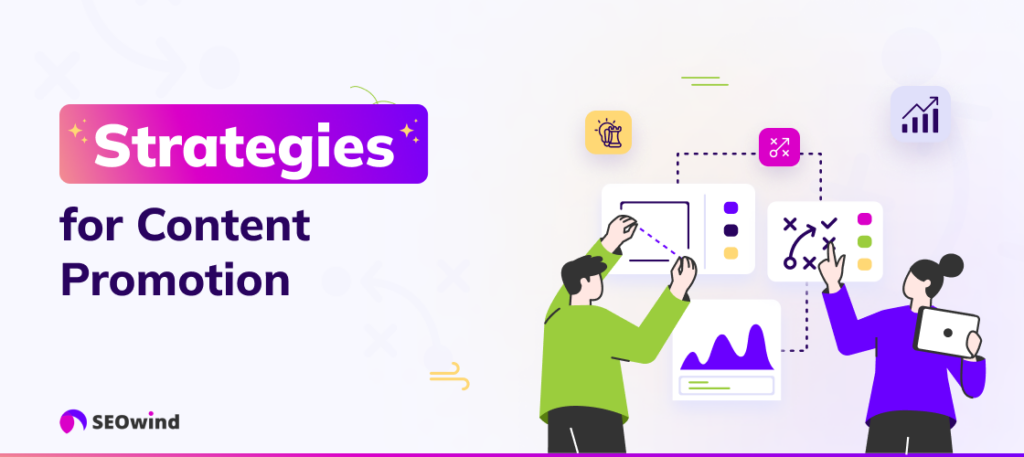
No matter how impressive your content creation is for small businesses, without proactive promotion strategies, it’s like a tree falling in the forest with nobody around. The beauty of content marketing for local companies lies in creating captivating and relevant material that reaches the right audience.
Search Engine Optimization (SEO)
Arguably, the most crucial part of content promotion is SEO. This involves tweaking various aspects of your website and digital content to make it more attractive to search engines.
- Keywords: Identify relevant keywords and incorporate them naturally into your text.
- Alt tags: These are textual descriptions for your site’s images, making them readable by search engine bots.
- Meta descriptions: They appear underneath the title on search results and should be compelling enough to increase click-through rates.
- Link Building: Including high-quality external links in your content improves its credibility, while internal linking enhances the user experience through easy navigation.
By mastering SEO best practices, you’ll boost the visibility of your content marketing for small businesses, driving more organic traffic to your pages and improving rankings on Google’s Search Engine Results Pages (SERPs).
Social Media Promotion
Next comes the undeniable power of social media channels as tools for promoting your small business content ideas. Each platform has specific characteristics that can contribute differently to campaign outcomes.
- Facebook is a versatile network with an extensive reach, great for sharing blog posts, videos, infographics, etc.
- LinkedIn specializes in professional networking—perfect for B2B companies or thought leadership pieces.
- Instagram & Pinterest work wonders when visual aids like infographics or product images form integral parts of your content.
As each platform has a unique demographic profile and usage pattern among its user base, understanding where your target audience hangs out will help you optimize social media promotion strategies accordingly.
Email Outreach
Email outreach is another valuable method for spreading the word about your shiny new content. An extensive mailing list can provide an immediate audience who are already familiar with or interested in what you have to say, given they’ve willingly subscribed to receive updates from you!
Remember that email marketing goes beyond spamming potential customers’ mailboxes with sales pitches. Instead, treat their inboxes respectfully by sending personalized messages addressing their problems with helpful solutions covered by your upcoming pieces of freshly baked content. This is the essence of effective small business content marketing, “à la carte” style!
Influencer Marketing
Finally, influencer marketing uses trusted figures within your niche industry as unofficial brand ambassadors who organically promote your products and services via their personal networks. Such individuals likely share the same interests as your audience, enormously heightening chances for successful conversions!
However tricky securing a partnership may seem initially due to constraints imposed by budget limitations typical amongst Small and Medium Enterprises (SMEs), the rewards reaped by successful influencer collaborations often surpass early hurdles many times over! Finding low-cost micro influencers focused entirely within the same industries brings cost-effective alternatives that help navigate financial limitations. As a result, your business gives its reputation a sky-high boost while the budget stays grounded!
Measuring Content Marketing Results

It is always essential to understand the success and impact of your content marketing approach. This awareness allows you to tweak strategies, redefine goals, and ensure you utilize resources effectively.
Tracking Metrics
As a part of content marketing small business strategy, tracking metrics elevate your basic understanding of how well your content is performing. Incorporating these measures can provide essential insights into user behavior and engagement with your content.
- Content reach: Evaluate how far your content is spreading across various digital platforms.
- Visitor data: Utilize tools like Google Analytics to track the number of new and returning visitors to distinguish which parts of your content successfully lure audiences.
- Lead generation: Keep an eye on the number of queries or amount of interest shown by potential clients after consuming your content.
- Social shares and comments: These figures give you direct feedback about what resonates with the audience.
- Conversion rates: Understand how many visitors actually turn into customers after interacting with your content.
Remember – each piece of data has a story about what is driving content marketing for local businesses’ successes.
Analyzing Results
Once those critical metrics have been gathered, it’s time to make sense of them. This means turning raw data into actionable insights to refine content creation for small business strategies.
Start this process by reviewing all metrics collectively, as none should be viewed in isolation. For example, if traffic to a blog post is high but conversions remain low, look deeper into related factors such as calls-to-action clarity or website navigation ease.
Additionally, employ A/B testing methods to measure different options’ effectiveness within specific areas, such as headline wording or photo choices, to generate more successful small business content ideas.
Finally, always keep probing the collected data from differing angles; new patterns emerge that further clarify how customer behaviors align with their preferences over time. This enables businesses to rework strategies while staying true to powerful best practices.
In summary, measuring results is not just ticking boxes. It’s deciphering stories woven by numbers, fostering consistent progress toward your objectives, and navigating the thrilling world of content marketing.
Common Challenges Faced by Small Businesses in Content Marketing
Embarking on the content marketing journey for small businesses can present numerous challenges. Below, we will explore some of these obstacles and why they pose difficulties.
Lack of Resources and Time
One primary hindrance small businesses face when starting with content marketing is a need for more resources and time. Understandably, smaller operations often run on limited budgets and may need more dedicated staff for this initiative.
- Limited budget: Not having sufficient funds makes it difficult to hire expert personnel or outsource services.
- Insufficient manpower: Without dedicated staff, creating consistent quality material becomes challenging.
- Time scarcity: For many entrepreneurs, business demands leave little space for other initiatives like formulating a robust content strategy and routinely creating high-quality articles or posts.
Therefore, learning how to efficiently create content for your business may become vital for small enterprises dealing with resource limitations.
Insufficient Knowledge of Digital Platforms
Another challenge that can plague small business content marketing efforts is an insufficient understanding of digital platforms. The rapidly evolving landscape of digital channels makes it essential for businesses to stay updated with new rules and algorithms.
- Ignorance about SEO best practices can lead to low visibility despite quality content being produced.
- Lack of familiarity with social media sites might restrict opportunities to effectively reach potential customers.
- Misconceptions about email marketing can lead to missing a valuable avenue for audience engagement.
Consequently, educating yourself or the team regarding these platforms is crucial in effective content creation for business.
Difficulty in Creating Engaging Content
The linchpin holding together any successful content marketing strategy is engaging material. However, many small businesses need help identifying appealing topics or crafting compelling narratives consistently.
- Struggling to find unique ideas: Regularly developing fresh concepts that resonate with audiences can be strenuous.
- Inadequately addressing audience needs: The crafted message must cater to consumer pain points or desires to avoid falling flat.
- Unappealing storytelling: Even great topics might fail if delivered blandly instead of using captivating methods, lacing relevant stories or examples within themself.
Investing time and effort into brainstorming original ideas geared toward audience needs is essential while enhancing your storytelling tactics. Doing so will prove immensely helpful in overcoming the hurdles related to creating compelling content for small business strategies.
